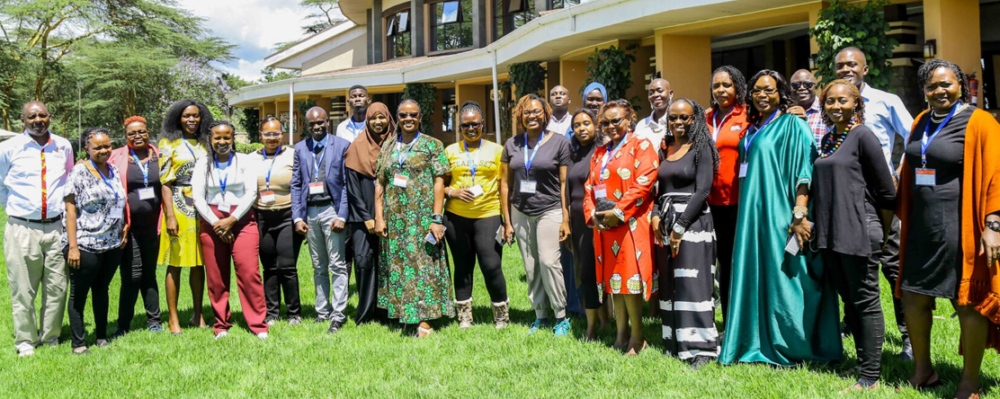
Update
“Public Health Is Where You Are”: Celebrate National Public Health Week with PHI
-
Focus Areas
Healthy Communities
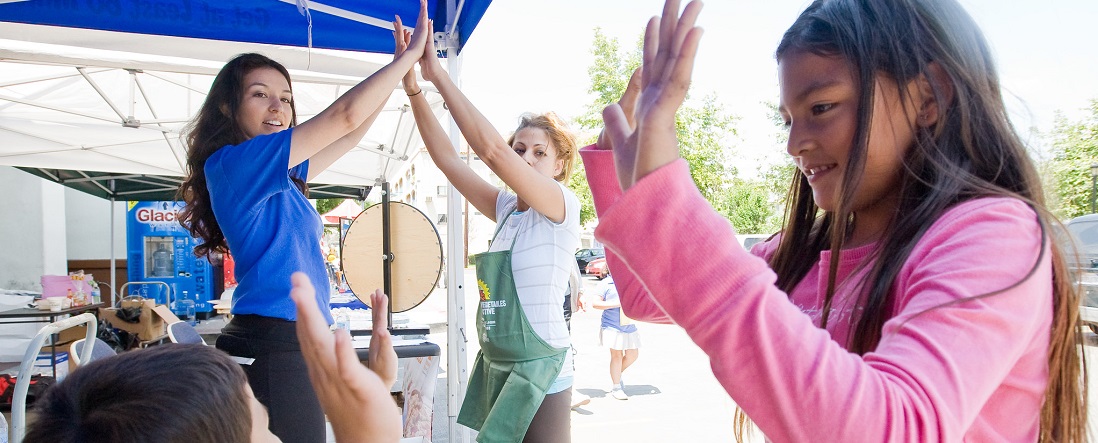
Join PHI for National Public Health Week (NPHW), an annual event hosted by the American Public Health Association to celebrate the power of community, share strategies for successful partnerships and champion the role of a strong public health system.
Each day this week, we’ll be sharing PHI news, resources and tools that you can use to support year’s theme, “Public Health Is Where You Are.”
Don’t forget to also tune in for the National Public Health Week Twitter Chat on Wednesday, April 6 at 2 p.m. ET. We’ll chat about all things public health, celebrate everything public health has accomplished and talk about where the movement is going. Make sure you follow @PHIdotorg on Twitter and use #NPHWchat.

Strategies, tools & resources to support community mental health
Addressing mental health needs is a critical component of public health, and the COVID-19 pandemic has exacerbated mental health and substance use challenges. During the pandemic our Cypress Resilience Project worked with health departments and systems, first responders, school districts, and others to deliver critical mental health and behavioral health training, certifying over 2,000 public health workers in Mental Health First Aid and training over 5,000 people in Trauma Informed Practices. Our CA Bridge program supported 52 California hospitals in successfully adopting treatment for opioid use disorder by implementing medication for addiction treatment (MAT) in their emergency departments.

New 2022 Building H Index ranks 37 leading companies on how their products impact customer health
This week, PHI's Building H released their 2022 Index, a comprehensive tool that ranks 37 leading companies in four industries—entertainment, food, housing and transportation—on how their products and services impact their customers' health across five key areas: healthy eating, physical activity, sleep, social engagement, and time spent outdoors.
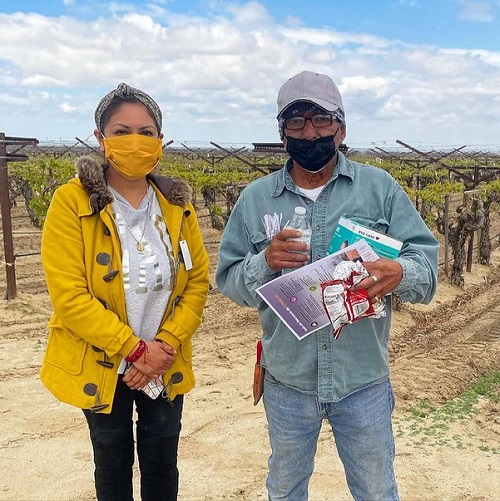
Invest in CBOs to build health, equity & community power
To honor the notion that public health is where you are, we must value community-based organizations (CBOs) as more than partners in public health, but instead recognize that they are the leaders and trusted messengers who know best what resources their neighborhoods need and how to best reach their neighbors who are most at risk. They are an integral part of the public health ecosystem.
To help communities respond to and recover from COVID-19, our Together Toward Health provides fast, flexible funding more than 500 CBOs across California who act as trusted experts and leaders in their communities for access to vaccines, testing and resources. Nationally, our Communities RISE Together is working with more than 2,400 CBOs in more than 25 states, providing COVID information and outreach in more than 50 languages, reaching more than 40 million people with information and resources. And our Achieving Resilient Communities (ARC) works alongside systemically excluded communities in California, in partnership with CBOs, government agencies and local businesses—helping to increase community resilience in the face of climate change.

PRACTICE: Up to 30 grants of up to $1M each to prevent ACEs in California communities
The effects of childhood trauma can last a lifetime. Adverse Childhood Experiences or “ACEs” are a root cause of some of the most harmful and persistent public health challenges.
PHI’s Population Health Innovation Lab (PHIL) is partnering with the UCLA-UCSF ACEs Aware Family Resilience Network (UCAAN) in a multimillion dollar grant program to support clinical teams across California who are mobilizing a health system’s response to address toxic stress in local communities. The Preventing and Responding to ACE-Associated Health Conditions and Toxic Stress in Clinics through Community Engagement (PRACTICE) grants aim to strengthen partnerships to screen for ACEs and respond to toxic stress; develop sustainable, evidence-informed, real-world clinical services that target ACE-associated health conditions and support the prevention of ACEs and response to toxic stress; and build a sustainable workforce to support ACE screening, respond to the impacts of toxic stress and adversity, and promote ACEs prevention.
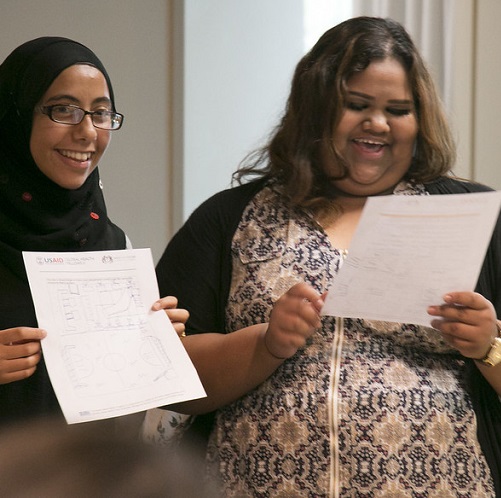
Building the public health workforce of tomorrow. Bolstering community power today.
The need for a strong public health workforce has never been greater. Understanding that “public health is where you are,” the public health profession must move to a workforce that better meets the needs of those communities facing the most serious health inequities. We need to reach job seekers who are traditionally overlooked, those without college or advanced degrees, and recruit them for positions where they can develop skills and gain experience for public health careers. PHI’s Together Toward Health and Tracing Health programs have provided such employment opportunities throughout the pandemic, and our FACES for the Future offers health-related high school internships and mentorship for students, primarily from low-income communities of color.
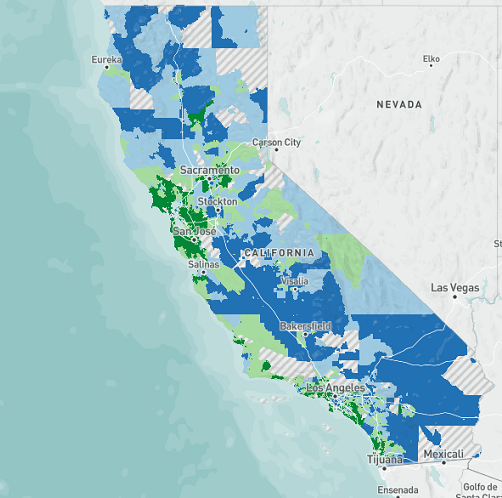
Meet the new Healthy Places Index 3.0
The HPI is a powerful data, mapping, and policy platform designed to identify opportunities to improve neighborhood health in areas where it will have the strongest impact on life expectancy. Hundreds of state and local government agencies, foundations, advocacy groups, hospitals and others across California have used the HPI as their go-to data tool for building a health equity lens into community investments and developing critical programs and policies.
New this week, HPI 3.0 launches with completely updated data and introduce new and enhanced features to examine the link between race and place.
More Updates
Work With Us
You change the world. We do the rest. Explore fiscal sponsorship at PHI.
Support Us
Together, we can accelerate our response to public health’s most critical issues.
Find Employment
Begin your career at the Public Health Institute.


